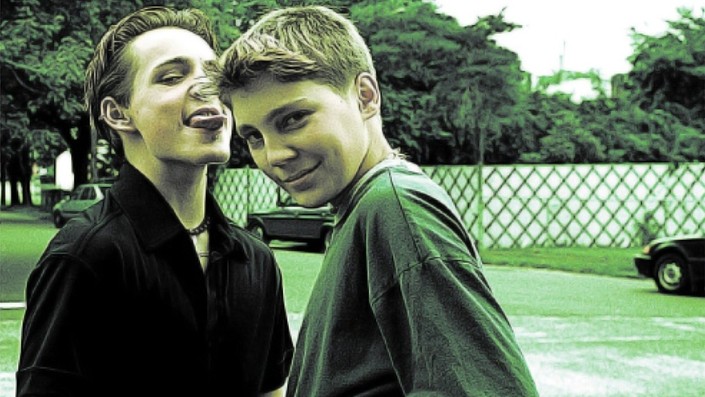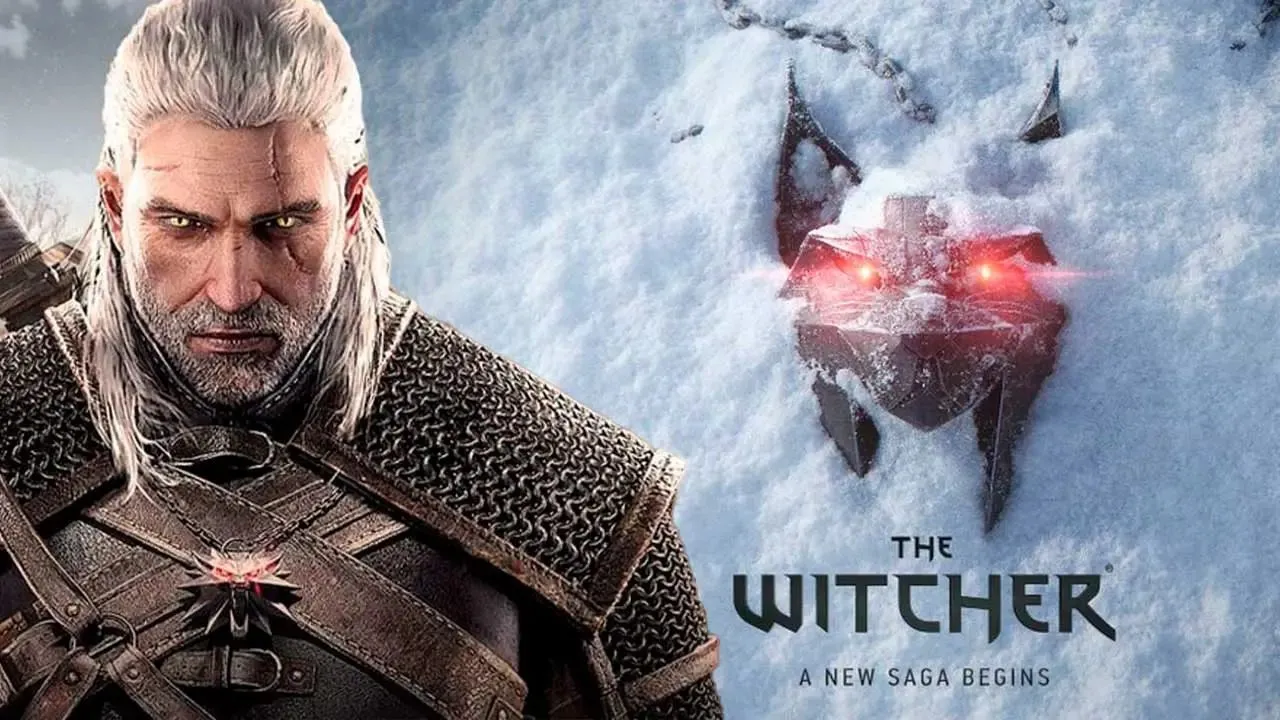When you're invisible, you'll take attention from anyone—even the kind that costs your soul.
L.I.E. (2001) is a haunting, unsettling, and deeply intimate coming-of-age drama that explores the blurry line between vulnerability and danger. Set in suburban Long Island along the Long Island Expressway—nicknamed “L.I.E.”—the film is less about the road itself and more about the detours life forces on those who are already emotionally stranded. With raw performances and daring subject matter, it pulls no punches in confronting the painful truths often left unspoken.
The story centers on 15-year-old Howie Blitzer, a boy caught in the emotional wreckage of his mother’s death, a distant father, and a spiraling life of petty crime with his troubled friends. When one of their burglaries targets the home of an older man named Big John Harrigan, Howie’s life takes an unexpected and disturbing turn. Big John, a former Marine with a predatory past, forms a complex, unsettling bond with Howie—one that teeters between mentorship and manipulation.

What unfolds is not a sensationalized thriller, but a psychologically rich examination of loneliness, broken masculinity, and the dangerous ways people seek connection when they feel invisible. Brian Cox’s performance as Big John is chilling, restrained, and tragic, revealing layers of a man who is both predator and profoundly lonely. Paul Franklin Dano, in his breakout role, brings quiet strength and aching confusion to Howie, portraying a teenager desperate for guidance and belonging in a world that has failed him.
Director Michael Cuesta crafts a film that’s visually subdued yet emotionally jarring. L.I.E. forces the viewer to sit uncomfortably close to characters on the edge—of adulthood, of morality, of salvation or ruin. It doesn’t excuse, but it does expose, refusing easy answers in favor of moral ambiguity and hard truths.

L.I.E. is not about sensationalism—it’s about the deep human need to be seen, even if the eyes watching you are the wrong ones.
-1755585462-q80.webp)
-1754897323-q80.webp)

